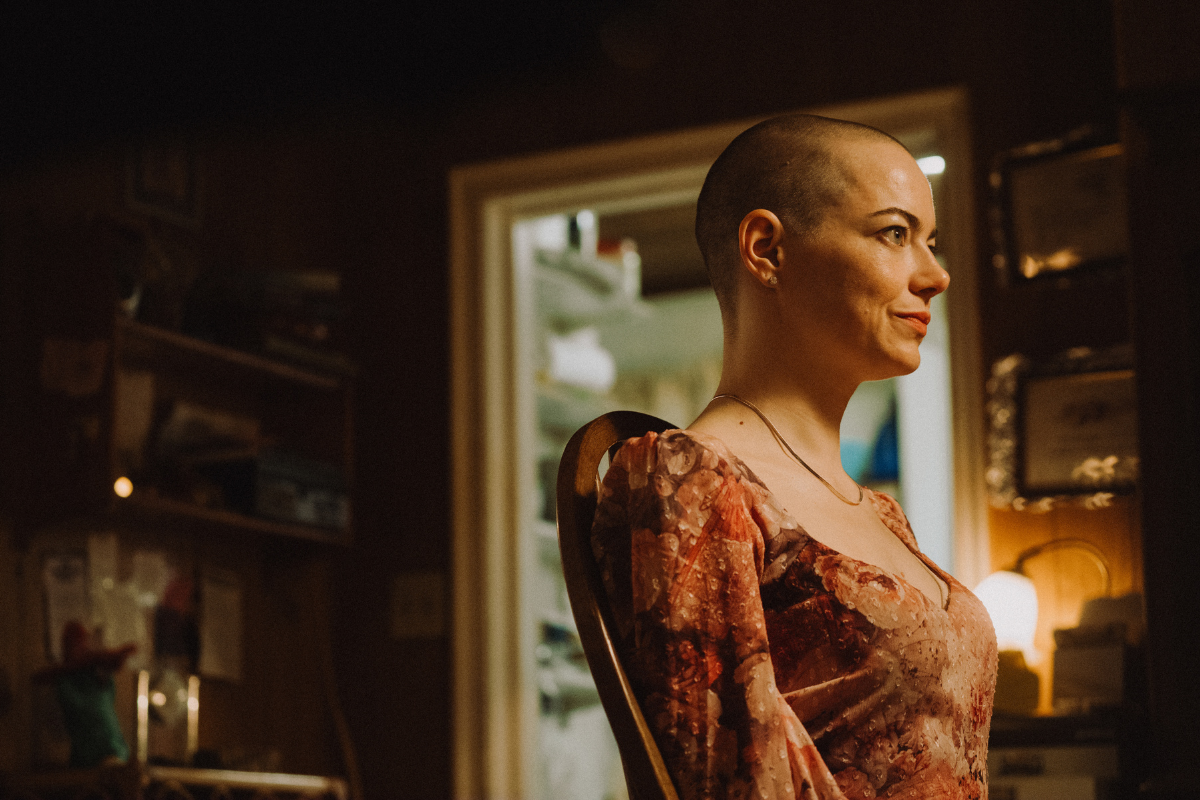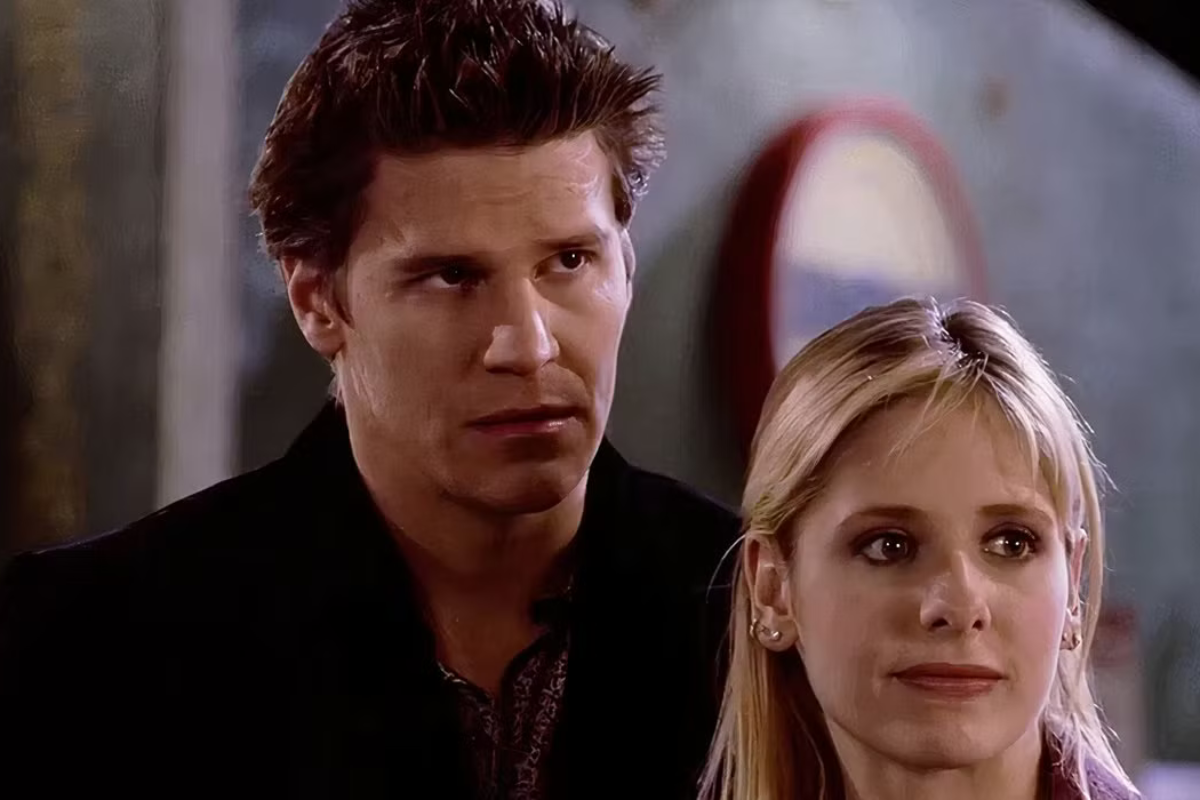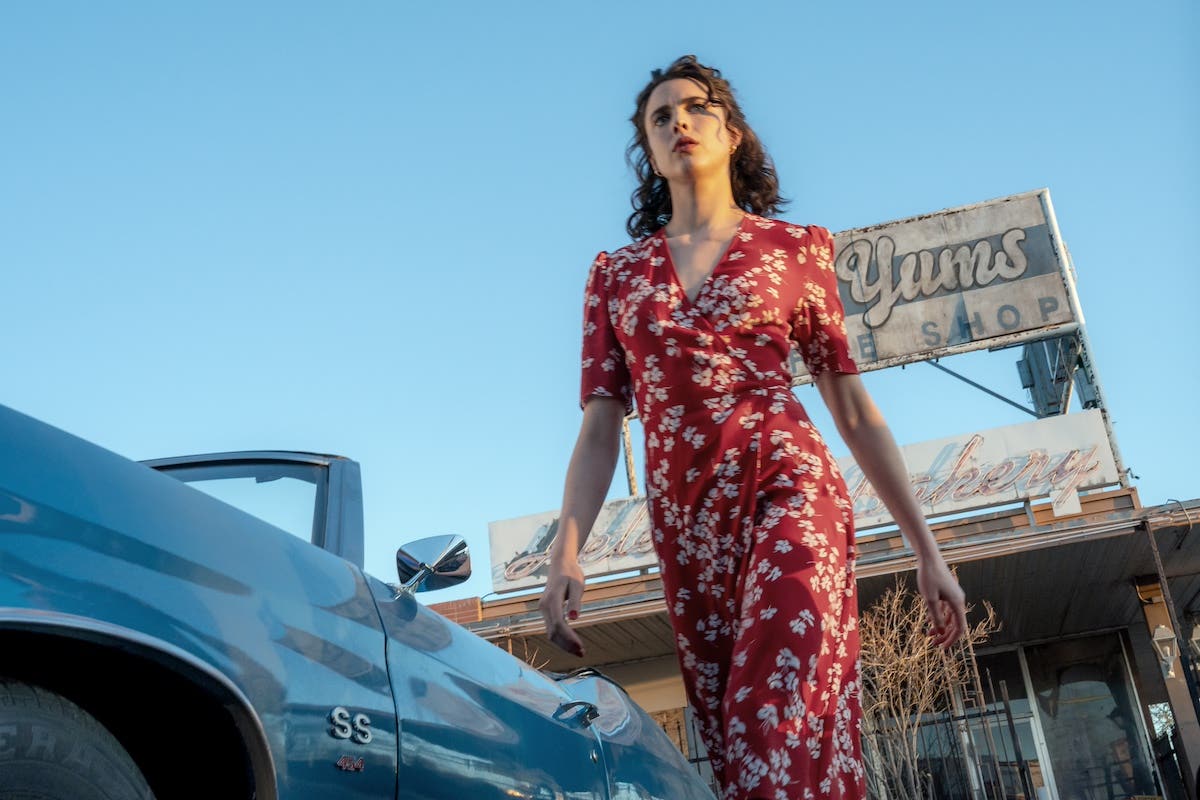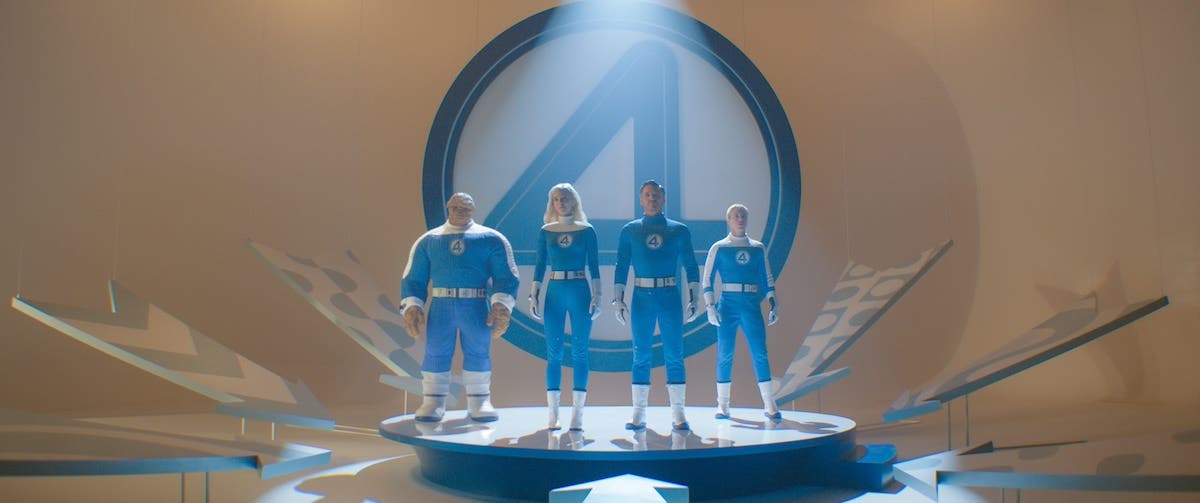Are We Getting Too Obsessed with ‘Story’ in Our Screenplays?
For the last few decades, the industry fueling aspiring writers has been focused on ‘story is king’. Come up with some high concept moment of genius, and your path to a riches-filled screenwriting career is assured. What if that’s no longer true? What if focusing your energy on story is actually holding your career back?
For the last few decades, the industry fueling aspiring writers has been focused on ‘story is king’. Come up with some high concept moment of genius, and your path to a riches-filled screenwriting career is assured. What if that’s no longer true? What if focusing your energy on story is actually holding your career back?
Don’t panic, story matters. Having a beginning, middle and end is important. So is structure. Maybe not those complicated charts that make screenwriting look more like math, but as a general rule, every script needs a basic sense of story and structure. If only to show readers you’ve learned the craft.
But consider the realities of today. The studio system who bought high concept ideas in the 1980/90s – isn’t buying many original spec scripts today. But the indie world is vibrant. Streamers want movies, and there is money around. And the studio ‘open writing assignments’, where the screenwriting gold lies today – are going to a ton of writers who ‘broke in’ with a script that resonated on an emotional level, or was aimed at a smaller audience. So you literally have nothing to lose by infusing your story with a solid emotional foundation.
I’m not saying don’t write big concepts. I’m saying understand whatever story you write – it must have compelling, fully rounded characters, grappling with an emotional journey. If all you have is a catchy concept, your script will fail. If you write a perfectly fine script that ticks all the structure boxes on the exact pages the books tell you but lacks a genuine emotional authenticity – it will die.
Pick any legendary film, or any of your favorites, and I’ll bet the first image in your head is a character. Could be the original Star Wars, anything by Scorsese, Tarantino, or Spike Lee, every indie movie that wins an Oscar, even the Marvel universe. When there are characters we care about, we have a positive, memorable experience. When there are not (WB comic book movies), and a choice is made to choose gimmick or special effects over emotional connection, look at how you feel about those movies.
I read hundreds of scripts last year, and I speak regularly with industry folk who are constantly looking for new talent. We all want to feel something as we read. We want to care about the characters in your script. We want to laugh, cry, be scared, worried, angry, whatever. We can only do that if you give us characters who are fleshed out, and have a genuine emotional journey, that we can feel, and share.
This sounds screamingly obvious, I know. But the VAST majority of scripts I read do not have compelling characters. As a fellow writer I think I know why. All this emotional stuff is hard. It requires being vulnerable, and uncomfortable. It’s easier to murder something, blow something up, come up with a cute joke or clever plot twist. Remind me who said being the best screenwriter you can be is easy? Diving into your own emotional baggage, connecting with your character’s baggage, and pouring all that messy stuff onto the pages in a way that connects with strangers is crucial. Even in a broad comedy. But there’s no template, flow chart, or quick fix book promising a shortcut to help. You don’t need one anyway.
Before you enter a script in a competition, or give it to a professional to read – look at your characters. Make sure you are completely aware of their emotional journey in your story. Make sure that journey is the foundation of your script. Make sure your characters do not end the script in the same headspace as the beginning. Your story has changed them forever, and there is no going back – emotionally.
I promise – no one in ‘hollywood’ will ever say – ‘I cried/laughed my eyes out because I cared about that character, but the second act ‘all is lost’ moment didn’t happen on page whatever as it’s supposed too, so I’m passing.’ The people deciding whether to help you have a career will choose an emotional connection over perfect structure EVERY SINGLE TIME. Because you, as an audience member, will choose it too when you sit down to watch anything.
And guess what? Your ability to infuse your characters with relatable emotional experiences goes a long way to infusing your script with your original ‘voice’. But it takes hard work, time, and a willingness to dig deep inside your own unique emotional vulnerabilities. Whatever your script’s genre.
The old studio spec script model as a writing career path is dead. Maybe it’s time that era’s obsession with story dies too, so you can worry less about perfect structure, and more about giving your audience an emotional experience only YOU can deliver.
Learn more about the craft and business of screenwriting from our Script University courses!
Tim Schildberger is an experienced writer, script coach, author and co-founder of Write LA - an annual screenwriting competition which gets winning writers read by Literary Managers. Tim works with writers to improve their emotional connection with their stories and characters - a crucial element needed to launch industry careers. He’s also a journalist, one of the key members of ‘Borat’, creator of ‘Lawrence of America' for the Travel Channel, host of the podcast ‘Script, Mate!’, and author of popular screenwriting book ‘The Audience and You’ available on Amazon and wherever good books are sold. In his spare time, Tim is a parent, tennis player, and fan of Australian Rules Football. For more of Tim's tips and opinions - Instagram: @writela







